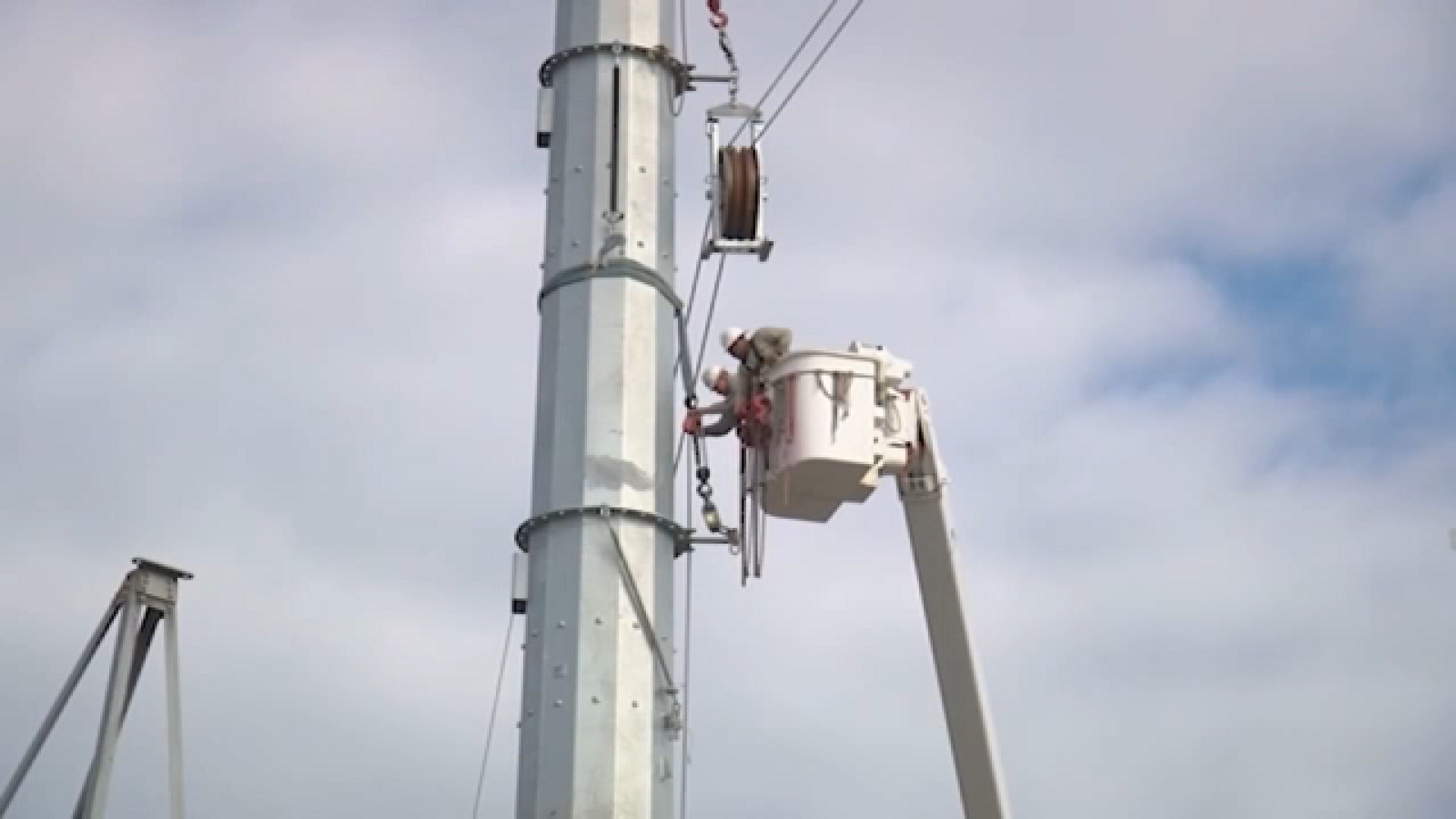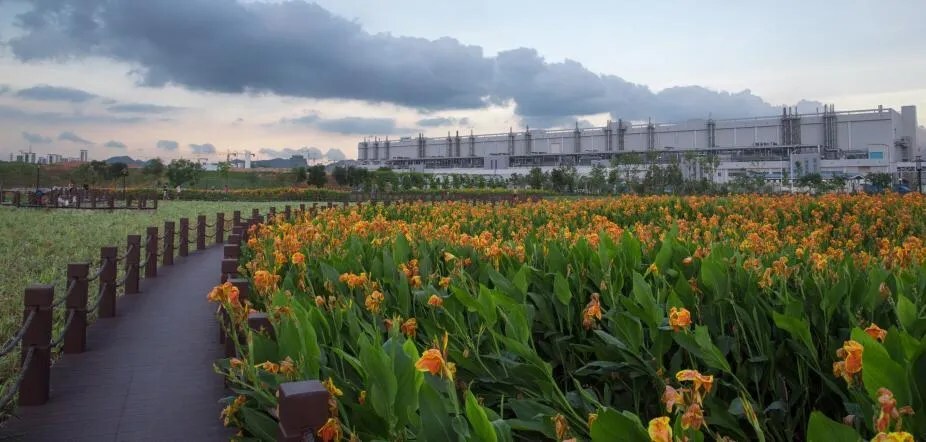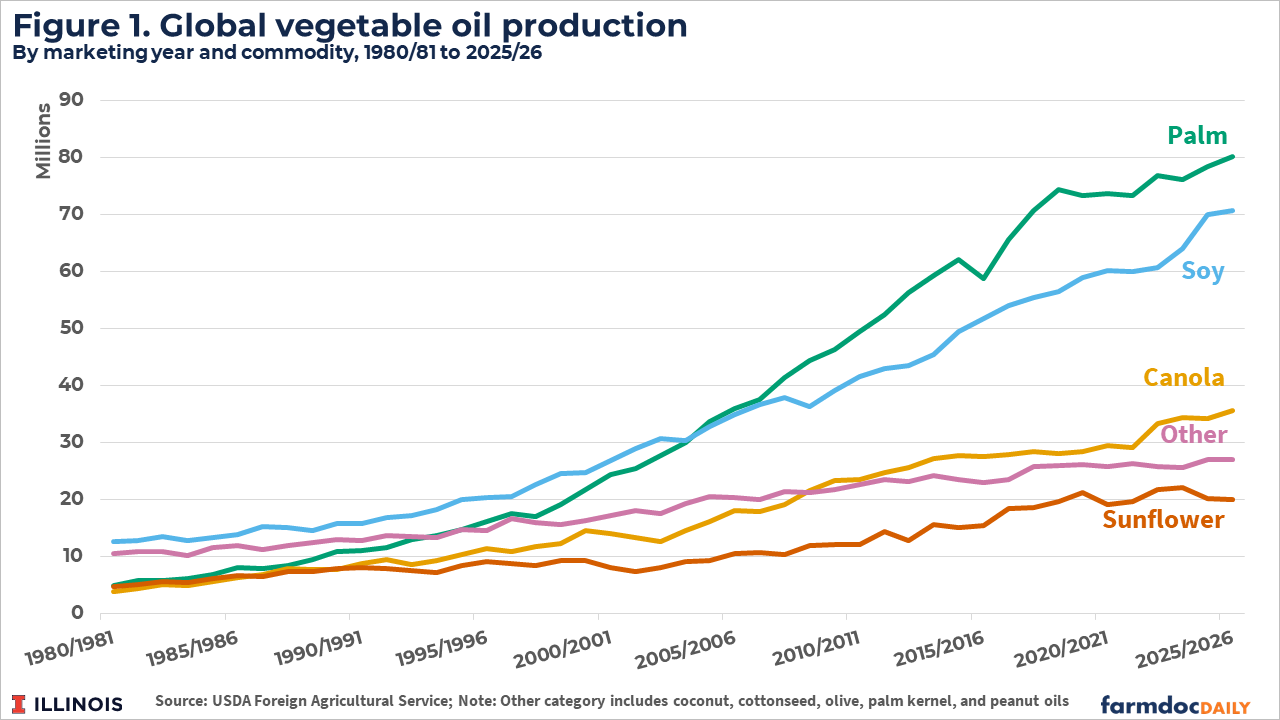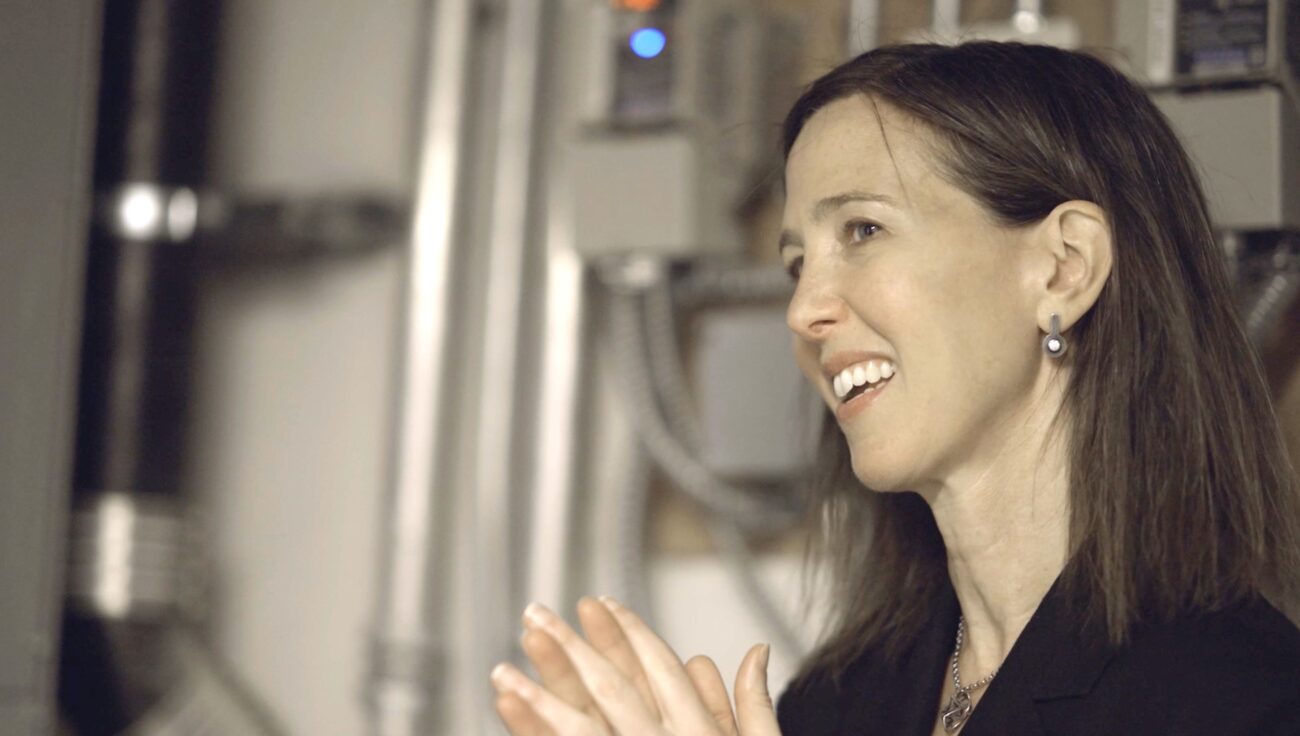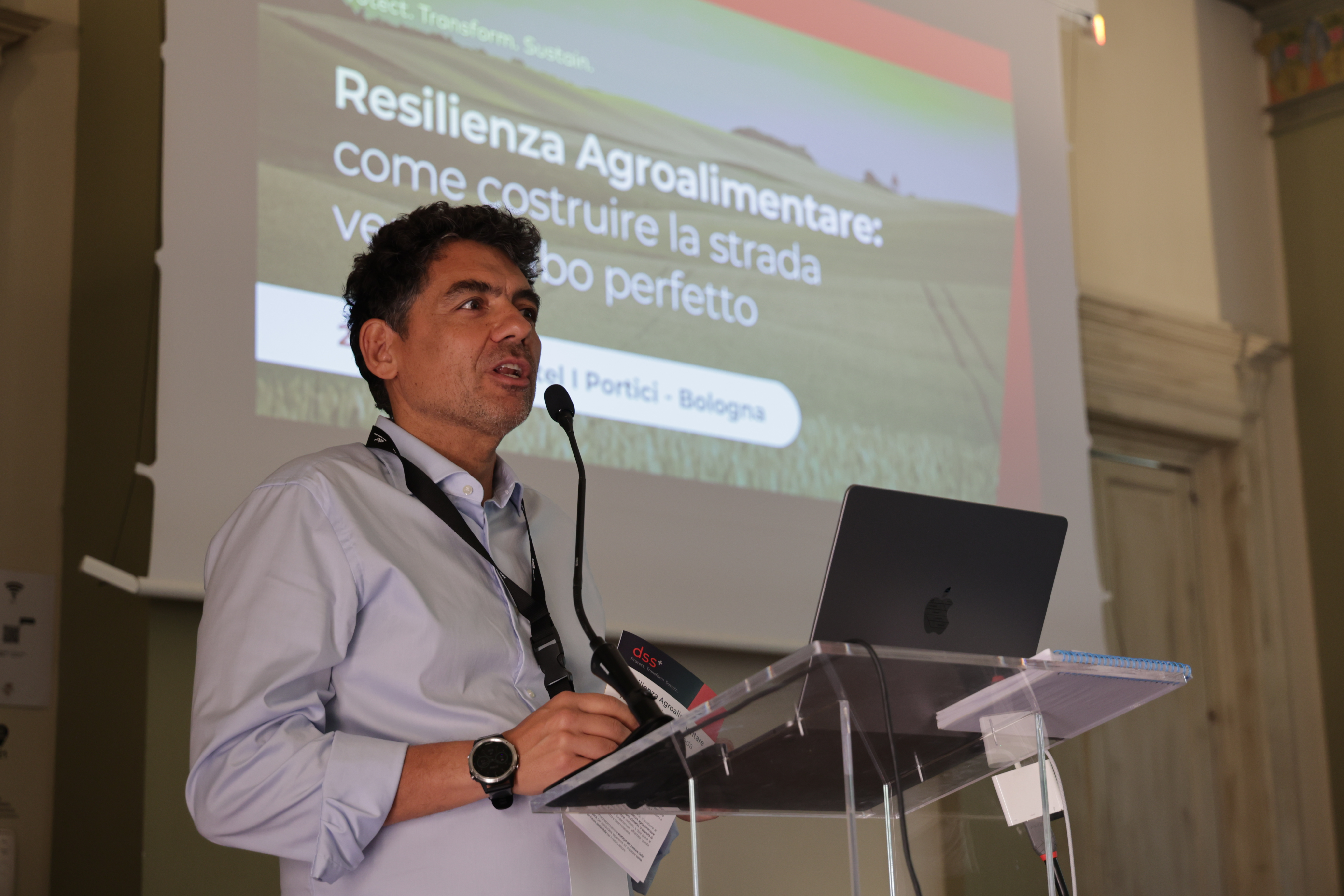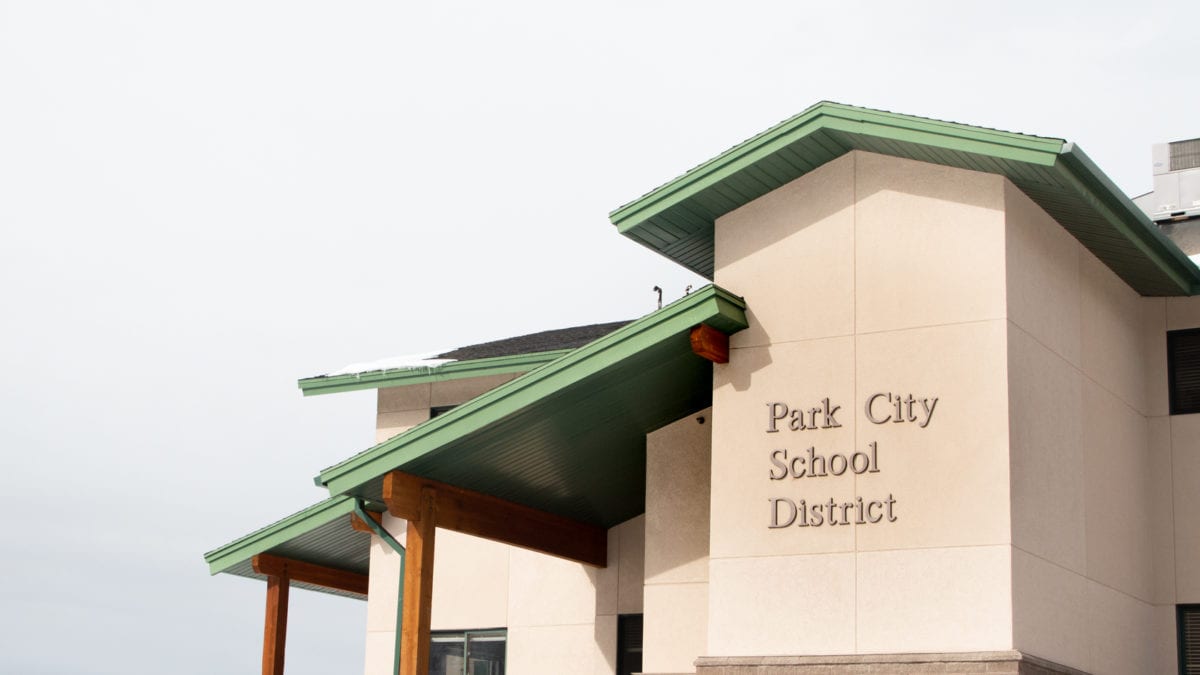Mitsubishi Power Impact Day with Coastal Empire Habitat for Humanity – Connect Savannah

Corporate Partnership Advances Sustainable Development Goals Through Affordable Housing Initiative
Executive Summary
On September 11, 2025, Mitsubishi Power Americas initiated a corporate social responsibility event in partnership with Coastal Empire Habitat for Humanity. The “Impact Day” mobilized over 90 employees to construct the frame of a new home, directly contributing to several United Nations Sustainable Development Goals (SDGs), particularly those focused on poverty, sustainable communities, and strategic partnerships.
Event Details
- Organization: Mitsubishi Power Americas
- Partner: Coastal Empire Habitat for Humanity
- Event: Inaugural Impact Day
- Date: Thursday, September 11, 2025
- Participation: Over 90 Mitsubishi Power Americas employees and volunteers
- Primary Activity: Construction of a residential home frame
Alignment with Sustainable Development Goals (SDGs)
This initiative demonstrates a strong commitment to the global SDG framework through targeted, local action:
- SDG 11: Sustainable Cities and Communities: The project’s central goal is to provide safe, affordable, and adequate housing, which is a cornerstone of Target 11.1. By building homes, the partnership directly addresses the need for inclusive and sustainable urban development.
- SDG 1: No Poverty: Access to affordable homeownership is a critical pathway to breaking the cycle of poverty. This initiative supports asset building and financial stability for low-income families, contributing directly to the eradication of poverty in all its forms.
- SDG 17: Partnerships for the Goals: The collaboration between a private sector corporation (Mitsubishi Power Americas) and a non-profit organization (Coastal Empire Habitat for Humanity) exemplifies the cross-sector partnerships essential for achieving the SDGs.
- SDG 3: Good Health and Well-being: The provision of stable and secure housing is a fundamental social determinant of health, improving physical and mental well-being for recipient families.
Key Outcomes and Impact
- Tangible Construction Progress: The successful construction of a complete home frame provides the foundational structure for a new, affordable residence in the community.
- Strengthened Community Partnership: The event marks the establishment of a significant partnership aimed at addressing local housing needs and advancing sustainable community development.
- Promotion of Corporate Responsibility: The mobilization of a large employee volunteer force underscores a corporate commitment to social impact and the localization of the Sustainable Development Goals.
SDGs Addressed in the Article
-
SDG 11: Sustainable Cities and Communities
The article’s central theme is the construction of a home for Habitat for Humanity. This directly relates to SDG 11, which aims to make cities and human settlements inclusive, safe, resilient, and sustainable. The act of building a “Habitat home” is a tangible effort to provide affordable and adequate housing.
-
SDG 17: Partnerships for the Goals
The event described is a collaboration between a private corporation, “Mitsubishi Power Americas,” and a non-profit organization, “Coastal Empire Habitat for Humanity.” This partnership between the private sector and civil society to achieve a sustainable development objective is the core principle of SDG 17.
Specific SDG Targets Identified
-
Target 11.1: By 2030, ensure access for all to adequate, safe and affordable housing and basic services and upgrade slums.
The article explicitly states that employees and volunteers worked to “build the frame of a Habitat home.” Habitat for Humanity is an organization focused on providing affordable housing. Therefore, this activity is a direct contribution to achieving Target 11.1 by increasing the stock of affordable housing for the community.
-
Target 17.17: Encourage and promote effective public, public-private and civil society partnerships, building on the experience and resourcing strategies of partnerships.
The “inaugural Impact Day” hosted by Mitsubishi Power Americas with Habitat for Humanity is a perfect example of the partnership described in Target 17.17. A private company is leveraging its resources—specifically, the time and effort of its employees—to support a civil society organization in its mission, demonstrating an effective private-civil society partnership in action.
Indicators for Measuring Progress
-
Implied Indicator for Target 11.1: Number of affordable housing units constructed.
While the article does not mention the official SDG indicator (11.1.1), it provides a direct, measurable output for the project. The text refers to the construction of “a Habitat home,” which can be quantified as one housing unit. This serves as a practical, project-level indicator of progress towards providing affordable housing.
-
Implied Indicator for Target 17.17: Number of private sector volunteers engaged in partnership activities.
The article provides a specific metric that can be used to measure the scale and commitment of the partnership. It states that “over 90 employees collaborated” in the event. This number serves as a quantifiable indicator of the human resources contributed by the private sector partner (Mitsubishi Power Americas) to the joint initiative, reflecting the strength of the partnership.
Table of SDGs, Targets, and Indicators
| SDGs | Targets | Indicators |
|---|---|---|
| SDG 11: Sustainable Cities and Communities | Target 11.1: By 2030, ensure access for all to adequate, safe and affordable housing and basic services… | Number of affordable housing units constructed (The article mentions the building of “a Habitat home”). |
| SDG 17: Partnerships for the Goals | Target 17.17: Encourage and promote effective public, public-private and civil society partnerships… | Number of private sector employees participating in partnership activities (The article states “over 90 employees collaborated”). |
Source: connectsavannah.com

What is Your Reaction?
 Like
0
Like
0
 Dislike
0
Dislike
0
 Love
0
Love
0
 Funny
0
Funny
0
 Angry
0
Angry
0
 Sad
0
Sad
0
 Wow
0
Wow
0























